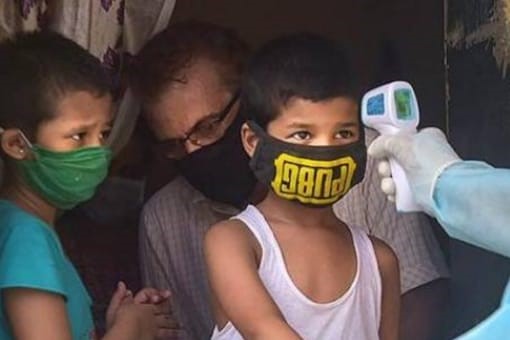
The Federal webinar: 'Third wave likely but it will be less devastating'
The devastating second wave of the pandemic, which overwhelmed India’s health infrastructure and led to hundreds of thousands of deaths

In the past few weeks several experts, including the Principal Scientific Advisor to the government, K VijayRaghavan, have said a third wave of COVID-19 is inevitable, although its timing cannot be predicted.
The devastating second wave of the pandemic, which overwhelmed India’s health infrastructure and led to hundreds of thousands of deaths, many uncounted, was squarely blamed on the Modi-led government’s ineptitude and failure to heed warnings.
What lessons has the government learned from its past failures, and is India prepared for a third wave? That was the subject of The Federal’s ongoing webinar series, held at 6pm on Saturday (October 16).
The webinar was moderated by Srinivasan S, editor-in-chief, The Federal, and attended by Malini Aisola, co-convenor, All India Drug Action Network; Dr Chandrakant Lahariya, public policy and health system specialist, New Delhi; Sundararaman T, former executive director, National Health Systems Resource Centre; V Sridhar, senior journalist; and Gautam Menon, professor of physics and biology as well as director of the Centre for Climate Change and Sustainability, Ashoka University.
Dr Lahariya, who opened the discussion, led the other panel members when he said that the chances of a third wave swamping India is remote. “Natural infection in a person followed by at least one shot is unlikely to lead to a serious case later,” he said. “The risk of an all-India wave is very low, given more than 70 per cent of the population has had at least one shot. The fourth sero survey also shows that a majority of a countrymen, especially in the north, have also developed immunity to the infection.
“What we are likely to see is localised, district-wide, outbreaks. But nothing like a third nationwide wave.”
Dr Lahariya said there is a risk that a new variant of the coronavirus could emerge, but it will require “immune escape capability” to infect enough people. Unless that is the case, the pandemic is not going to have a serious effect.
Dr Gautam Menon, professor of physics and biology as well as director of the Centre for Climate Change and Sustainability, Ashoka University, said the government is not prepared to deal with a new variant with an immune escape possibility, adding that the private sector is in a much better position vis-a-vis the pandemic.
Watch the full session above.

